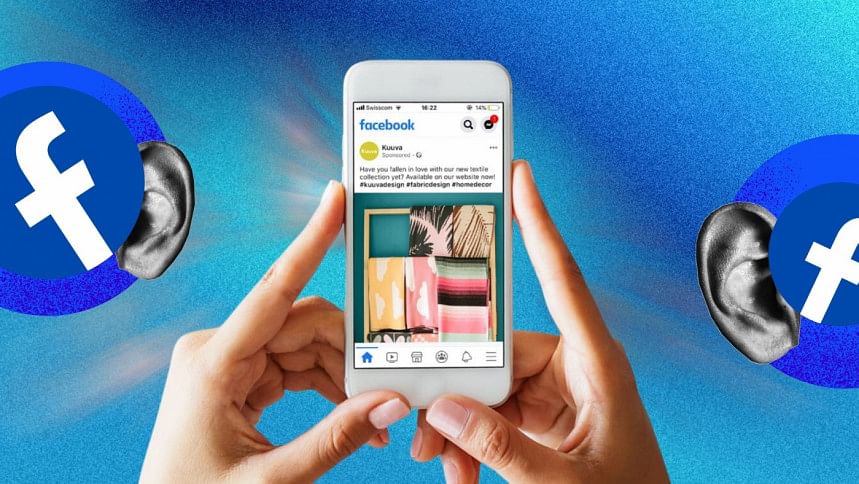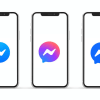Here's why Facebook shows you that specific ad after you just talked about it

We've all experienced it. You're talking with a friend about a product or service, and then later finding an ad for the exact same thing while scrolling through Facebook. Is your phone listening to your conversations? Not quite. Here's a look at the intricacies behind these eerily relevant ads.
Tracking, not listening
Despite public paranoia and multiple questions posed to social media leaders like Mark Zuckerberg and Adam Mosseri, the consensus is clear: platforms like Facebook and Instagram are not actively 'listening' to your conversations via smartphone microphones. Not only would it be illegal, but the logistics of storing and analysing such data are also impractical.
So how do these platforms manage to show you ads that seem to read your mind? The answer lies in tracking your online and offline activities, rather than eavesdropping on your conversations.
The algorithmic magic
Imagine you're at a birthday party and a friend raves about how that one time she went to Japan and fell in love with Japanese cuisine. Hours later, you find an ad for the new sushi joint in town on your Facebook feed. This is not magic but a result of intricate tracking algorithms.
Facebook uses location tracking, online behaviour analysis, and even your friendships to serve targeted ads. If your friend had interacted with a Japanese restaurant online, and you were at the same location as your friend, Facebook's algorithm makes the logical leap that you might also be interested in Japanese food.
Facebook's algorithms go beyond mere location tracking. They compare your interests, demographics, and online activity to those of your friends. If your profiles are similar and your friend has shown interest in a product, Facebook takes it as a cue to show you the same ad. Sometimes, it seems like Facebook knows what you're thinking. But this isn't psychic power; it's data analytics. Every click, like, and share contributes to Facebook's understanding of your interests, enabling it to serve ads that seem uncannily relevant.
Facebook gathers a staggering amount of data from your online activities, both on and off the platform. This information enables advertisers to create highly targeted campaigns that may feel like an invasion of privacy but are simply the result of sophisticated data analytics.
Can you atop being tracked?
Technically, you can modify permissions to limit Facebook's tracking capabilities. However, as long as you use the platform, it will continue to collect sufficient data to target you with relevant ads. The only foolproof way to escape is to quit the platform altogether.
While it's tempting to think that Facebook is spying on us, the truth is, we provide the platform with enough data to make accurate guesses about our interests. Though unsettling, this is currently the price we pay for the convenience and connectivity that social media offers.
As technology continues to advance, questions about digital privacy will become even more pressing. Yet, as it stands, the 'listening' hypothesis remains largely debunked. So, the next time an eerily accurate ad pops up on your Facebook feed, remember, it's not magic, it's just data—lots and lots of data.

 For all latest news, follow The Daily Star's Google News channel.
For all latest news, follow The Daily Star's Google News channel. 








Comments